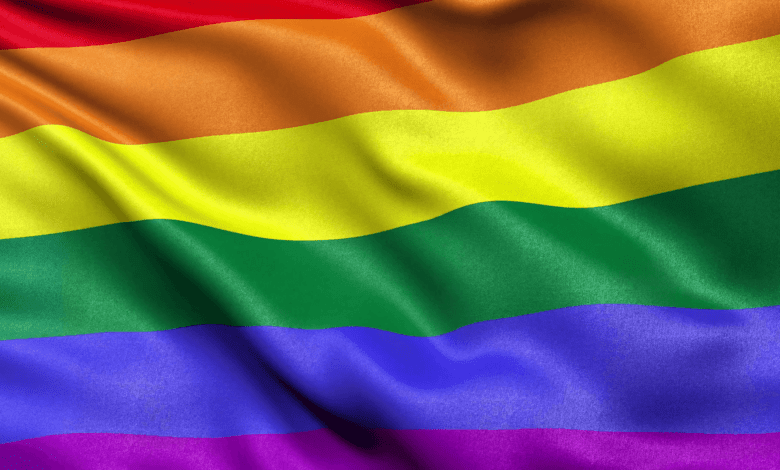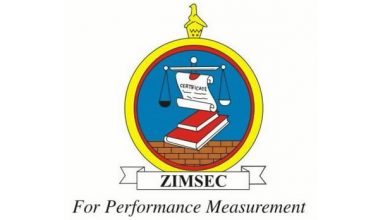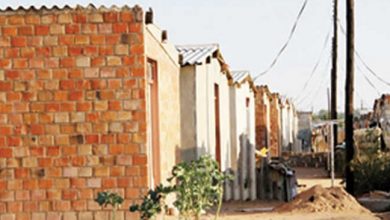IDAHOBIT 2023: End Discrimination and Violence Towards LGBTIQ Persons in Zimbabwe

By Paul Sixpence
On the occasion of celebrating this year’s International Day Against Homophobia, Biphobia and Transphobia (IDAHOBIT), LGBTIQ rights advocacy organisations in Zimbabwe have called for an end to discrimination and violence against sexual minorities.
IDAHOBIT has been celebrated yearly on 17 May since 1990, the day when the Health Organisation Organisation (WHO), declassified homosexuality as a mental disability and de-classified it as a disease.
This year’s commemorations are being held under the theme, “Together Always: United in Diversity. The theme speaks to the importance of inclusivity and support for queer persons.
In a statement, Trans Research Education and Advocacy (TREAT), a transgender rights and issues advocacy organisation, said that IDAHOBIT 2023 is a day to reflect on repression faced by LGBTIQ persons simply because of who they are and their choices.
“IDAHOBIT provides an opportunity to bring attention to the ongoing violence and discrimination against transgender people not only in Zimbabwe but around the world,” read TREAT’s statement. “It is important that we acknowledge the struggles and triumphs of transgender individuals and work towards creating a society that is inclusive and supportive of all of its citizens.”
Voice of the Voiceless (VOVO), a feminist collective that amplifies the voices of lesbian, bisexual and transgender persons in Zimbabwe, in its statement to mark IDAHOBIT 2023 highlighted the need to raise awareness on violence, discrimination and oppression against sexual minorities.
“We believe that everyone deserves to live free from discrimination and violence, regardless of their sexual orientation or gender identity,” VOVO said in a statement. “For women in the movement, IDAHOBIT is a reminder that our fight for equality is not limited to gender. We must also advocate for the rights of our LGBTQ sisters, who face multiple forms of violence and repression based on their sexual orientation and gender identity.”
United Nations (UN) agencies and independent human rights experts urged governments to respect the rights of LGBTIQ persons within their jurisdictions.
“LGBTQI+ people are part of every society in every country since time immemorial, yet LGBTQI+ people continue to be marginalised and excluded—be it legally, culturally, socially or a combination of all,” said UNAIDS in a statement to commemorate IDAHOBIT 2023. “Criminalisation [of LGBTIQ persons], along with pervasive discrimination and violence, obstructs LGBTQI+ people from accessing life-saving services.”
In a joint statement, UN independent human rights experts, called upon governments “to uphold the inherent dignity of all persons, without any distinction, by adopting measures to eradicate racial discrimination, exclusion, intolerance, hatred, bigotry, violence, and stigmatisation of lesbian, gay, bisexual, transgender and gender diverse (LGBT) persons.”
UN experts further added that, “the persistence of gender inequality and a lack of understanding of sexual and gender diversities drive prejudice in culture and discrimination in laws and policies in a range of country contexts.”
In Zimbabwe, negative perceptions towards sexual minorities emanate from misinformation, disinformation, colonial anti-sodomy laws, cultural and religious beliefs. LGBTIQ issues are not limited to sexual choices but rather to calls for legal gender recognition, access to gender-affirming health services, informed consent for “gender normalisation” surgeries and hormonal therapy for intersex and transgender persons. Over the years, human rights advocates have called for the respect of sexual minority rights, based on equality, anti-discrimination and dignity provisions in the 2013 Zimbabwe constitution.
At Zimbabwe’s last UN Universal Periodic Review (UPR) appearance, in 2022, the government agreed to strengthen efforts aimed at addressing violence against women, children and against all persons on the basis of their sexual orientation and gender identity. The government further agreed to put in place measures to protect intersex minors from non-consensual surgeries and violation of bodily integrity.






